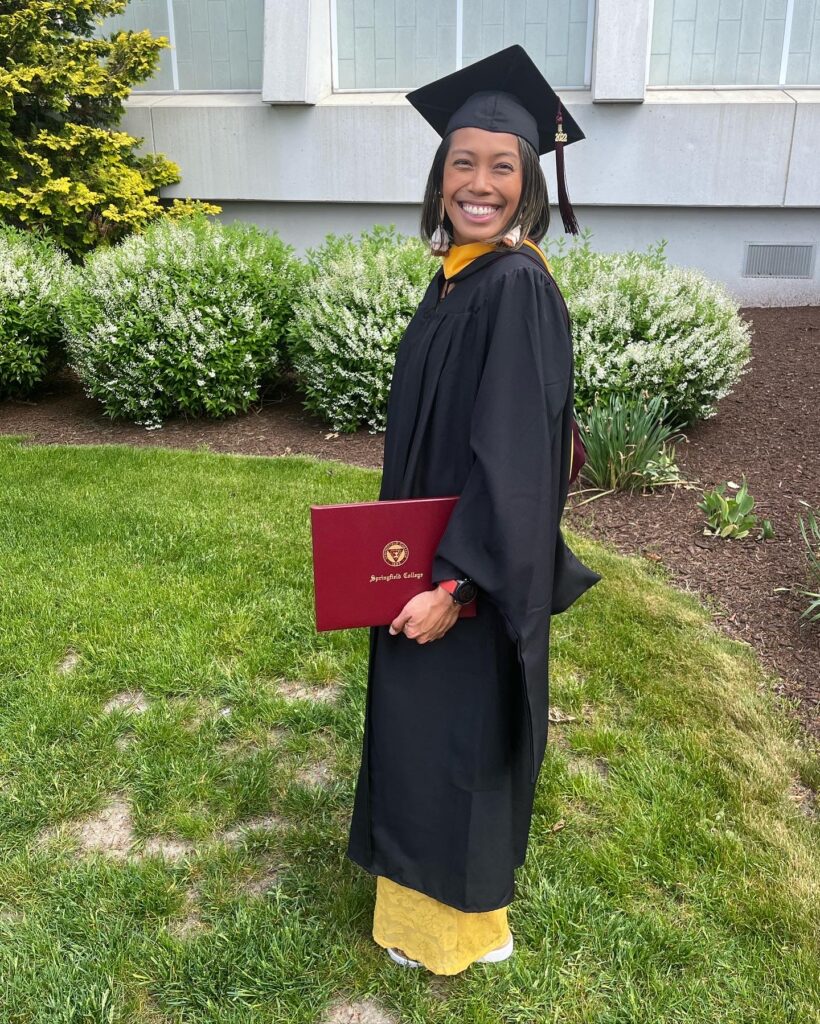
Back in 2015 when I was still competing at the elite level for my home country of Singapore, I found myself at the starting blocks of major races feeling so anxious that when the light goes green and the umpire says, “GO!”, my mind would go blank.
I would often end up with terrible race results and the most frustrating thing was my inability to explain why my brain would shut down right when I needed it the most. I would perform exceptionally well during trainings but when it comes to racing, my performance anxiety often got the best of me. It wasn’t until I started working with a mental performance coach when I started to see improvements in my races. The results were not immediate. I did not believe in “mental skills training” initially and thought it was a waste of time and effort. I would rather use my free time resting than to talk to my mental performance coach. With time, I started to open my mind to what he has to offer and I must say, it changed my life.
I saw my trainings and competitions in a different perspective. I saw myself in a different light. I was so much happier and the best thing was that I was racing well again.
After retiring from competitive sport, I went into coaching. I volunteered as a coach with the MIT Lightweight Women’s team and found an opportunity to hold short mental skills sessions with the athletes. I realized that these amazing athletes were emotionally and mentally drained from their hectic school schedule and still having to show up with their best selves for trainings. This cycle of constant stress and pressure was not going to be sustainable. Rowing is 90% mental, they say. But has anyone ever talked about what this 90% is made of? Or are we just assuming that everyone knows what it is and how to achieve that 90%? That was what sparked my interest in pursuing the sport psychology field further to find out how to best help athletes perform better with a healthier headspace.
I went to school for my masters in sport psychology at Springfield College in 2020. I graduated in 2022, after completing my thesis on athlete identity among high school athletes who transitioned to college and was awarded the Distinguished Graduate Student Award for the Psychology Department. Right after attending the commencement ceremony, I launched Mental Excellence Co. I was excited to continue working with athletes and coaches and share the knowledge of mental skills and mental performance.
So far, I have worked with many athletes from a variety of sports, ranging in age from high school athletes to competitive master athletes in their 60s. I want to be able to work with coaches to help them implement ways to instill bits and pieces of mental performance strategies into their training programs. I hope that sport administrators will invest more resources in the mental health/mental skills of their athletes as much as they do for their physical training, nutrition, and other aspects of being a high-performing athlete.
If you are curious about what I do, feel free to reach out to me. Ask me questions. Pick my brain on stuff. I would love to hear from you and help you become a better athlete.
-Aisyah
